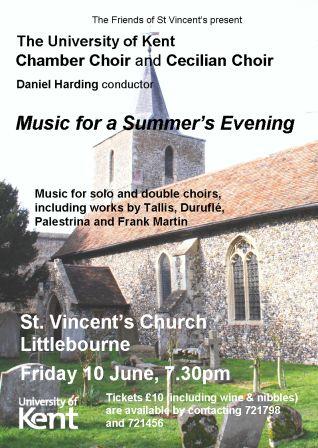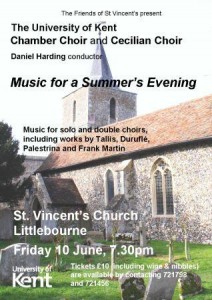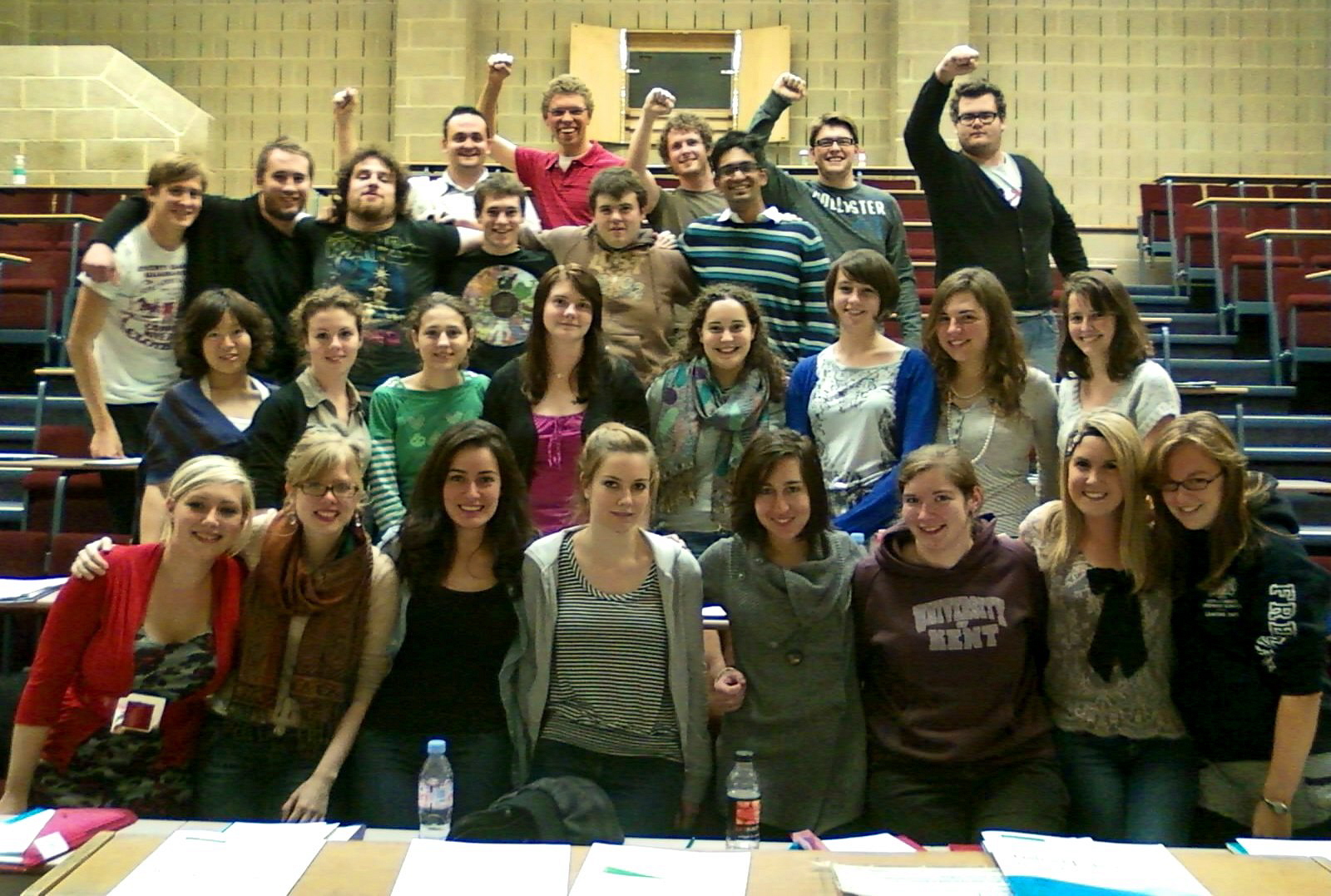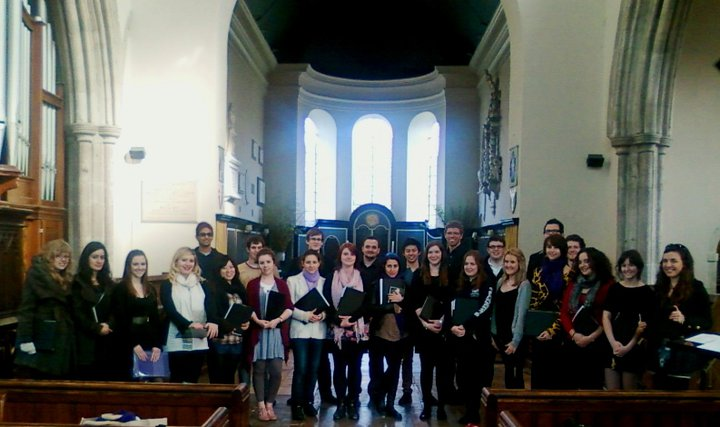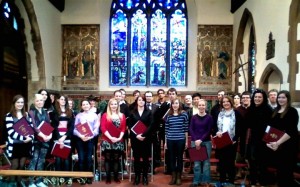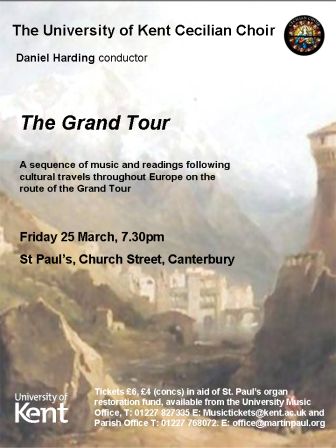With the new academic year beginning in just three weeks’ time, it’s been a busy summer putting together programmes for the Chamber and Cecilian choirs for the coming year.
 I always find this period exciting and also rather daunting – the opportunity to explore new repertoire, the search for suitable pieces that can be combined to form a cohesive concert programme, and looking at former favourites and wondering if it’s too soon to unearth them again, is fun and interesting, but then comes having to plan the rehearsal schedule, order the chosen pieces, and then seating myself at the piano to learn the pieces.
I always find this period exciting and also rather daunting – the opportunity to explore new repertoire, the search for suitable pieces that can be combined to form a cohesive concert programme, and looking at former favourites and wondering if it’s too soon to unearth them again, is fun and interesting, but then comes having to plan the rehearsal schedule, order the chosen pieces, and then seating myself at the piano to learn the pieces.
I always find that first sitting at the piano, with the pile of new scores in front of me, somewhat daunting – so much music to learn. What has rescued me was remembering a previous post I’d written about how to learn music quickly, by starting at the end and working backwards. This technique means you aren’t faced with the psychologically daunting prospect of a new page when you’ve learned the first and turn over to the next; instead, you learn the last page, then turn back to the page before and play through this and on into the page you’ve just learned.
This is much more empowering – you finish by playing the section you’ve just learned, which boosts your morale, and as you work backwards, you find that sections you’ve already learned are in fact a reprise from earlier in the piece, which means you’ve already learnt it.
I don’t actually know whether this practice actually shortens the amount of time spent learning a piece, but it certainly feels as though it does, which makes the task of moving through the scores seem much quicker.
There’s also the act of planning – with a brand-new choir, you want to rehearse pieces that they will be able to pick up quickly, so they feel early on that they have started to achieve and develop a real belief in their performing and working as an ensemble; however, there’s also the tricky question of when to introduce the harder pieces – too soon and they lose morale, too late and there’s not enough time to learn them properly before the concert. Notwithstanding the question of how soon is too soon to start working on the seasonal repertoire for Christmas ? You don’t want to start it in the late summer evenings in September, but you don’t want to leave it to the last minute either. Decisions, decisions…
This year, I’ll also be sharing conducting with a second-year student, a chance for one of the students to hone their conducting skills and perform with a choir during the year.
I’m about halfway through learning the pieces for the coming term, having prioritised those which will be worked on in early rehearsals. So far, so good. There’s a contemporary carol for the University Carol Service, some Italian madrigals, some twentieth-century British pieces, some French music, and more: I’m not going to give anything away here about the nature of the Crypt Concert in February, but I’m sure it will become clear as we follow the progress of rehearsals here on the blog.
Watch this space…

 We’re now in the middle of a three-week course, which runs on Monday afternoons, for which I’ve collated some repertoire to suit. This year, we’ve been singing some plainsong, to work on flexibility and following the contours of phrases – we’re reading from antique notation, as a way of introducing the singers to it if they’ve not come across it before – as well as music by Dowland, Saint-Saens, and Tourdion, the sixteenth-century French partsong in praise of claret, which we’re singing with an English text expressing enthusiaism for English ale. We’ve been working through music very quickly, a way of keeping interest by introducing new pieces each week, but a testament also to the speed with which the group are picking up repertoire: it keeps me on my toes!
We’re now in the middle of a three-week course, which runs on Monday afternoons, for which I’ve collated some repertoire to suit. This year, we’ve been singing some plainsong, to work on flexibility and following the contours of phrases – we’re reading from antique notation, as a way of introducing the singers to it if they’ve not come across it before – as well as music by Dowland, Saint-Saens, and Tourdion, the sixteenth-century French partsong in praise of claret, which we’re singing with an English text expressing enthusiaism for English ale. We’ve been working through music very quickly, a way of keeping interest by introducing new pieces each week, but a testament also to the speed with which the group are picking up repertoire: it keeps me on my toes!